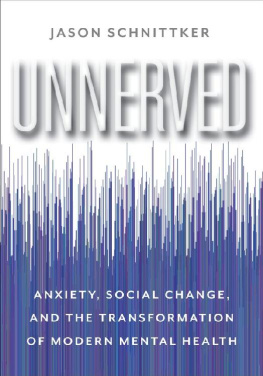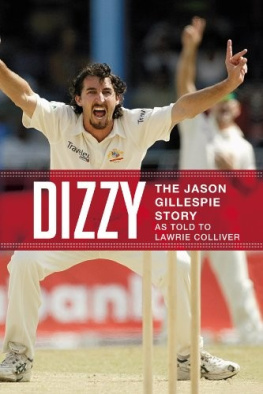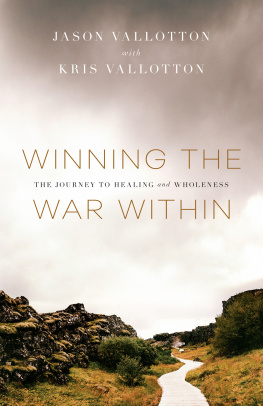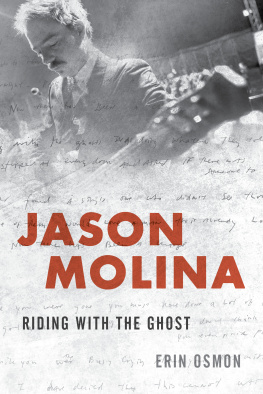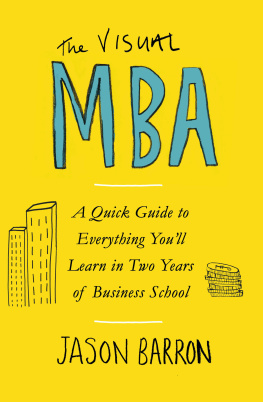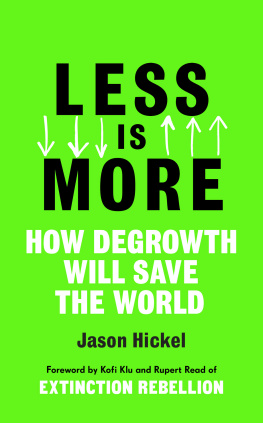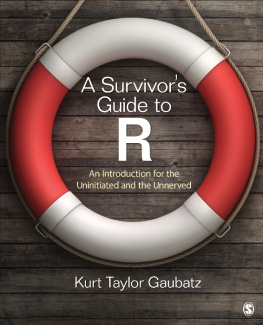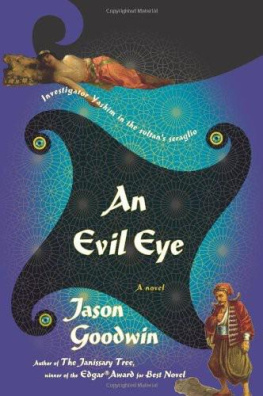UNNERVED
Unnerved
ANXIETY, SOCIAL CHANGE, AND THE TRANSFORMATION
OF MODERN MENTAL HEALTH
Jason Schnittker
Columbia University Press
New York
Columbia University Press
Publishers Since 1893
New York Chichester, West Sussex
cup.columbia.edu
Copyright 2021 Columbia University Press
All rights reserved
EISBN 978-0-231-55356-8
Library of Congress Cataloging-in-Publication Data
Names: Schnittker, Jason, author.
Title: Unnerved: anxiety, social change, and the transformation of modern
mental health / Jason Schnittker, University of Pennsylvania.
Description: [New York]: [Columbia University Press], [2021] |
Includes bibliographical references and index.
Identifiers: LCCN 2020045611 (print) | LCCN 2020045612 (ebook) | ISBN 9780231200349
(hardback) | ISBN 9780231200356 (paperback) | ISBN 9780231553568 (ebook)
Subjects: LCSH: AnxietySocial aspects. | Anxiety disorders.
Classification: LCC BF575.A6 S36 2021 (print) | LCC BF575.A6 (ebook) | DDC 152.4/6dc23
LC record available at https://lccn.loc.gov/2020045611
LC ebook record available at https://lccn.loc.gov/2020045612
A Columbia University Press E-book.
CUP would be pleased to hear about your reading experience with this e-book at .
Cover design: Elliott S. Cairns
CONTENTS
Chapter One
The Significance and Meaning of Anxiety
Chapter Two
A Late Modern History of Anxiety
Chapter Three
The Evolving Science of Anxiety and Depression
Chapter Four
Anxiety Disorders in the United States
Chapter Five
Family Change and Cohort Differences in Anxiety
Chapter Six
The Decline in Religious Participation
Chapter Seven
Uncertain Attachments
Chapter Eight
Status Anxiety and Growing Inequality
Chapter Nine
The Ascent of Anxiety as a Therapeutic Target
Chapter Ten
The Past, Present, and Future of Fear
UNNERVED
If ever there were an age of anxiety, it seems to be now. As a category, anxiety disorders are the most common psychiatric disorders in the United States, exceeding mood disorders, impulse control disorders, and substance use disorders.
As high as these numbers are, they are only the tip of the iceberg. If we move beyond anxiety disordersformal psychiatric categories denoting severe anxietyand simply consider basic anxiety, fear, and worry, the percentage who suffer to some degree is much higher. And here, too, anxiety stands out among other negative emotions. Americans report feeling anxious, for instance, more than they report feeling sad or angry. In short, everyone has something he or she worries about or could worry about, and people usually have something they could at least in principle worry about a lot.
Of course, anxiety is hardly a new emotion. An age of anxiety does not refer to the creation of anxiety itself or to new semantics for a subtle emotional experience, as might be the case for something like artistic appreciation. Whatever the specific source of their worry, people in the middle of the century were, according to May, primed for fear and psychologically unsteady.
Invoking a not entirely dissimilar set of influences, subsequent generations have cast their own eras as particularly anxiety prone. Baby boomers, for instance, point to the social and occupational squeeze placed on such a large birth cohort, matched by the cultural upheaval associated with rejecting the lifestyles and conventions of earlier generations. Generation X, meanwhile, points to growing uncertainty, declining trust in institutions, and rising individualism, trends that have slowly set people against one another.Although it is popular to counterpoise one generation against another, the big picture of generational differences is not lost on people. In thinking about the future, parents, too, worry about many of the same things their children worry about.
At the moment, the world is in the grips of the COVID-19 pandemic. This, too, has occasioned a good deal of anxiety, much of it novel and unprecedented, but other aspects of it drawing on more familiar concerns. The economic worries of young people have been heightened by mass unemployment and the uncertainty associated with schools and universities convening online. Those with preexisting health conditions face a greater risk of complications from COVID-19, heightening the anxiety already experienced by those with diabetes or heart disease. Social isolation has suddenly become common, even among generations who, by virtue of life stage, might ordinarily be enjoying a great deal of time with their friends. And behind all this, of course, is the risk of infection itself, the danger of passing it on to others, and the uncertainty of when exactly the pandemic will end.
There is no shortage of potential ways to understand anxiety between eras and generations, though there are empirical data to support the idea that anxiety has increased over time. Recent generations are, in fact, more anxious, at least based on the sort of data scientists can compile. Using over two hundred surveys of American college students and children conducted between 1932 and 1993, Jean Twenge documents a steady increase in anxiety between cohorts.
Some of these patterns are not terribly controversial (nor are they simply the conceit of one generation regarding themselves as different from every other generation). Furthermore, whatever the scientific merits of his claim A characteristic feature of modern mortality improvements is the slow tempering of crisis mortalitysudden spikes in mortality from famine, war, and plaguesdiminishing the significance of causes of death that in earlier eras might have seemed capricious and devastating. Objectively speaking, many conditions have improved over time, for both societies and individuals. More people in the United States can expect to live to old age. Life is more predictable. The standard of living is much higher. So why are people so anxious?
This book is dedicated to understanding the social, cultural, and medical origins of the modern age of anxiety, up to and including the twenty-first century. This involves more than exploring the causes of anxiety or thinking about what people worry about now relative to what concerned them in the past. It requires advancing arguments along three parallel lines, including simply what it means to claim to have entered an age of anxiety, a claim that appears specific but is rarely cast with precision.
THE GRADUAL ASCENT OF ANXIETY
A core argument of this book is that the rise of anxiety has been slow, reflecting the gradual accumulation of long-running social trends rather than discrete traumatic events or seismic transitions. This slow change hardly makes the growth of anxiety unusual. Many social transformations happen slowly. The rise in life expectancy was an unprecedented achievement of
Anxiety lends itself to these kinds of specific interpretations. People, after all, worry about something. Based on past experiences, they might worry about something happening again in the future. Trauma can certainly spark anxious apprehension about the future. Furthermore, the scope of worry has perhaps grown larger over time, now that individuals have enormous amounts of information available at their fingertips. Rare and unusual events have a way of assuming outsized significance, especially when they are reinforced in the media. Events can appear seismic in effect. And anxiety can be enduring, even when characterized by episodes of panic or alarm. Anxious people are often chronically fearful, reflecting an enduring pattern of perception and behavior sparked by something in the past.



